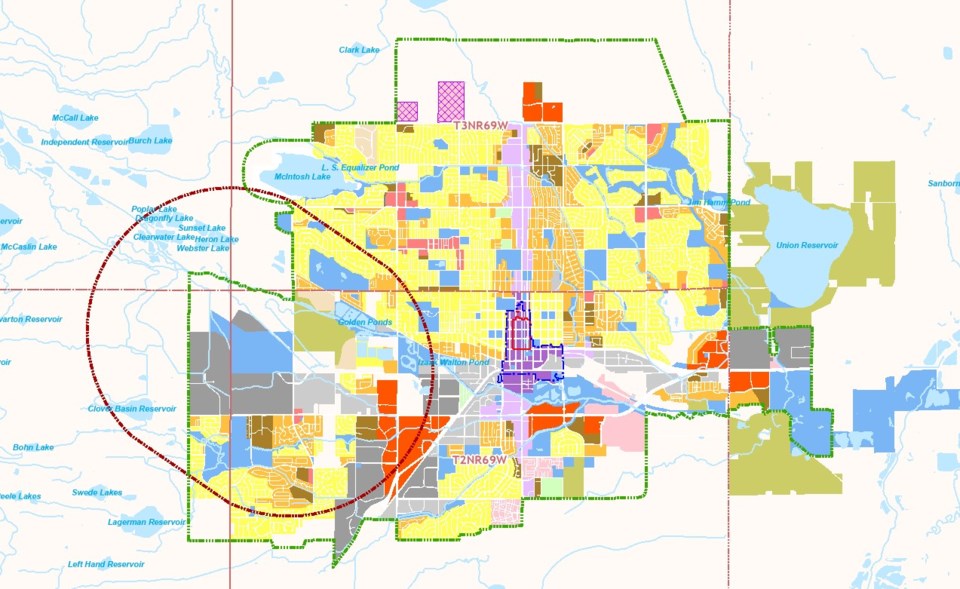This week, Gov. Jared Polis announced new legislation meant to address the housing shortage in Colorado.
Sponsored by Sen. Dominick Moreno, D-Commerce City, Rep. Iman Jodeh, D-Aurora, and Rep. Steven Woodrow, D-Denver, if passed SB 23-213 could mean major density changes for cities across the state. The proposal known as “More Housing Now” would restrict single-family-only zoning in many Colorado communities — including Longmont.
“By cutting red tape, legalizing more housing choices, strengthening property owners' rights and planning for future growth, we can create more housing at a lower cost in Colorado communities near where people work or play,” Polis said in the announcement.
Larger Colorado cities would be unable to inhibit the construction of duplexes, triplexes and add-on housing units under the proposed bill, which also blocks limits on how many unrelated people can live in the same home and allows for more types of housing near transit stops.
“Tier 1” cities would see the biggest impact from the proposal. Along with Longmont, other urban municipalities included in the first tier include Denver, Boulder, Lafayette, Broomfield, Louisville, Thornton, Greeley, Fort Collins and many other large cities.
While new single-family homes would still be allowed, these communities would have to allow the construction of townhomes and multiplexes, as well as accessory dwelling units, in all residential neighborhoods. Cities would not be required to build these denser options, but local governments would lose their power to stop it.
City codes could still regulate things like design requirements, but could not require parking for denser developments. Rail stations, certain bus transit lines and commercial corridors would also be places where these cities would be required to allow and encourage denser development.
As proposed, cities outlined in the plan would have to create housing plans detailing how they will address housing shortfalls.
Roughly 30-40% of Longmont is zoned residential single-family currently. This bill could affect Longmont in many ways, but the city council has not yet taken a position on the newly released legislation. Mayor Joan Peck did not respond to an emailed request for comment.
However, some of the requirements from the proposal do seem to align with Envision Longmont, the city’s multimodal and comprehensive plan. For example, a target outlined in the plan is to increase the percentage of housing stock classified as “other residential” in the city and to increase overall city density by 10% over 20 years.
Smaller cities would get exemptions from these requirements, with “Tier 2” areas not required to allow denser housing in all residential areas. Tier 2 would include some communities near Longmont like Firestone, Frederick, Berthoud, Johnstown and more, but those areas would still have to allow accessory dwelling units and remove certain “red tape” regulations that apply to Tier 1 areas as well.
The bill was introduced Wednesday and does not yet have a committee hearing scheduled.



